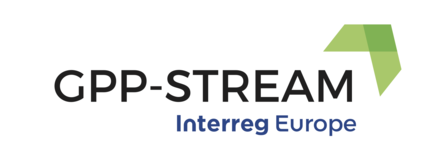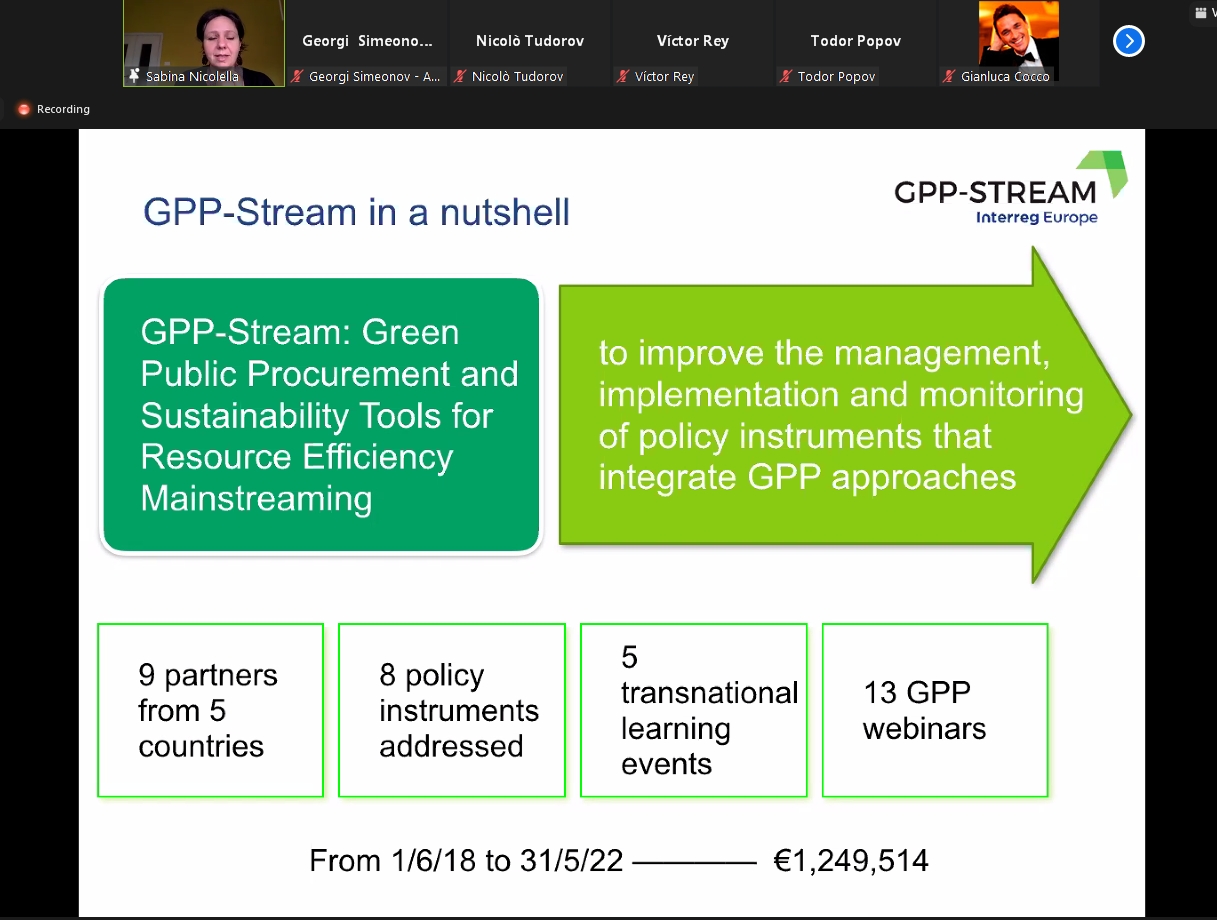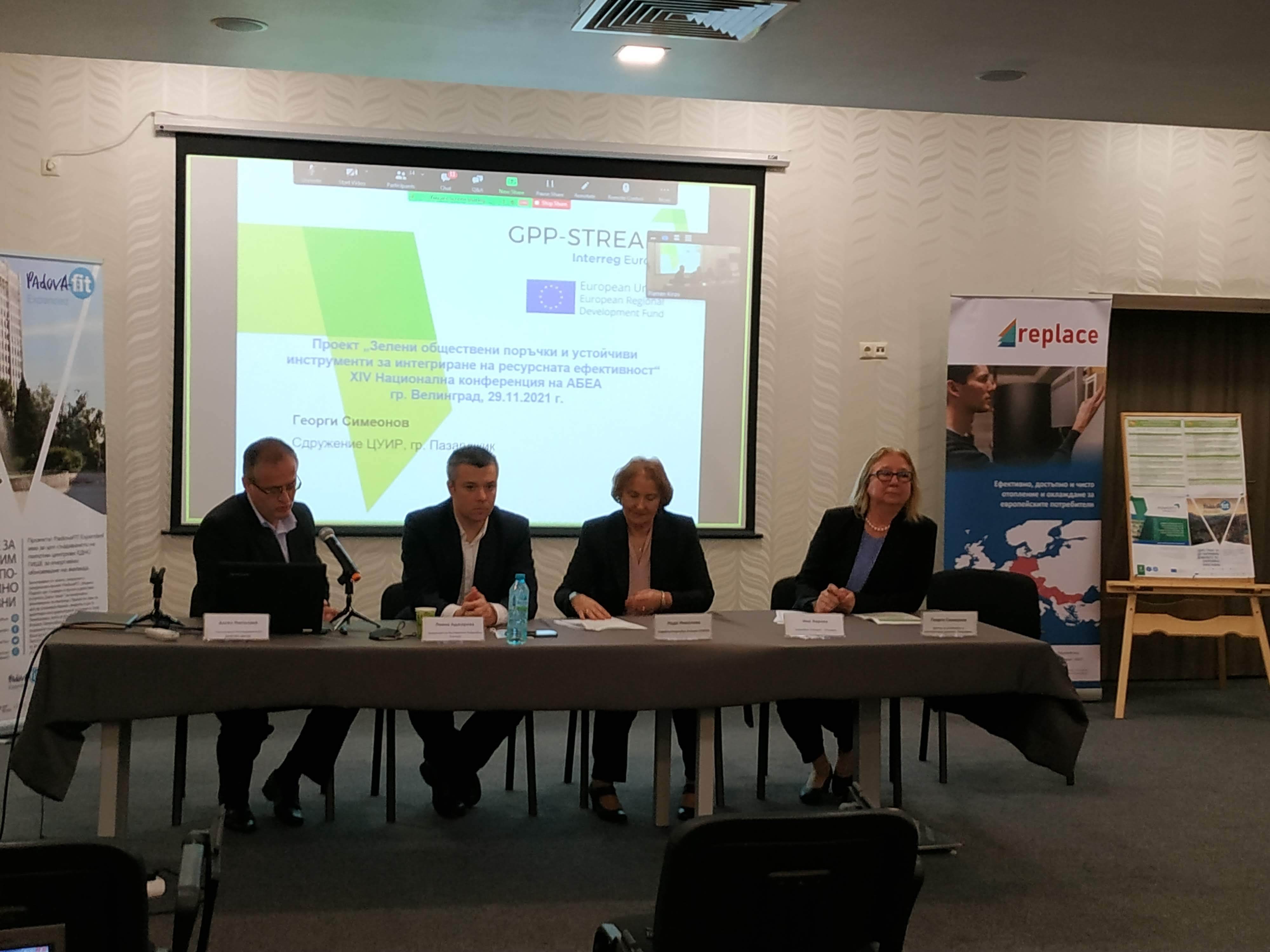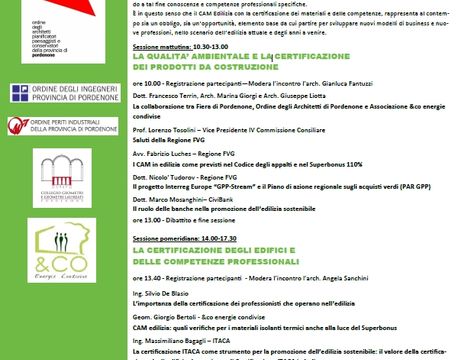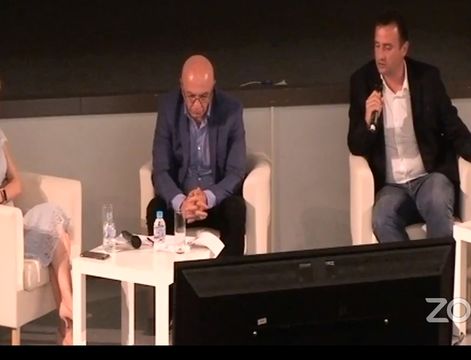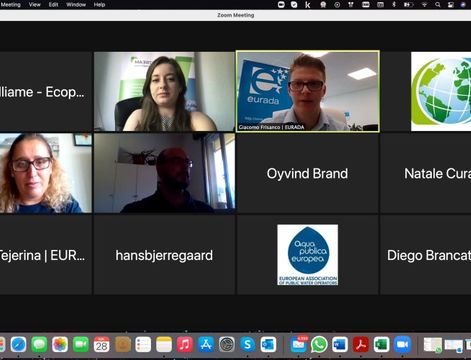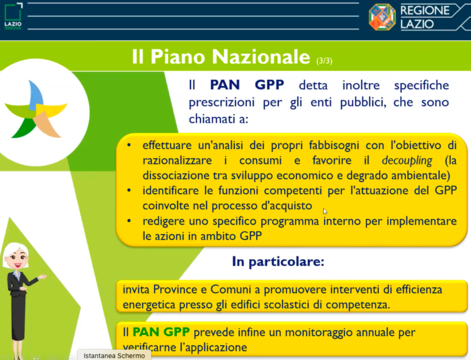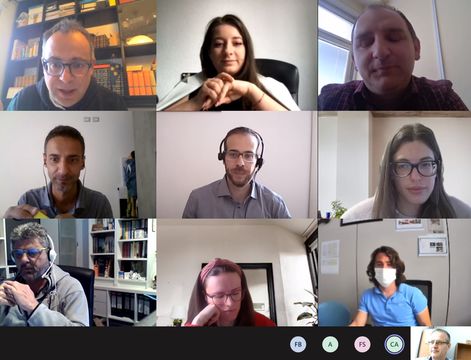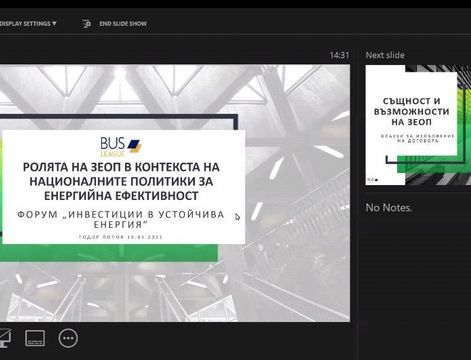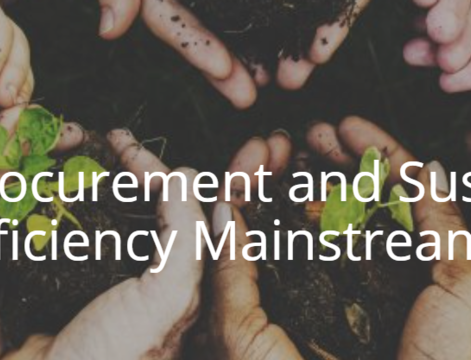One of the specific objectives of the GPP-Stream project is to identify, collect and share good practices and support tools for the adoption of green public procurement, oriented towards efficient use of resources with the institutions responsible for policy instruments. The Mancomunidad de la Ribera Alta (Spain) is one of the project partners and is entrusted with the elaboration of an in-depth report of the 49 best practices that have been identified in terms of GPP by the five participating countries.
The report aims to identify good practices currently being carried out in regions or cities, to study and analyse them, creating recommendations to take into account in tendering processes.
The Mancomunidad has recently completed (July 2019), the preparation of this report, which offers an analysis of good practices collected, classifying them in six major groups: 1) Construction, 2) Contracts for waste management, recycling and services, 3) Integration of the GPP through guidelines and templates 4) Management systems and monitoring 5) Organic agriculture and food supply and 6) Transport and sustainable mobility. At the same time the study specifies what are the objectives, identifications, design, implementation and difficulties of the good practices analyzed.
From the analysis we can see the purpose of the GPP are basically the same in each country, being common to all projects: minimize climate change agents, greenhouse gases and energy use, etc. However, the report contextualizes every good practices within the political reality of its country of origin, when a clear specific influence of the national socioeconomic framework is detected. This contextualization, enriches the understanding of the good practices collected and also the future transnational learning among the project partners.
The report also incorporates the contributions of several experts from the different countries participating in the GPP-Stream project, regarding the strengths and weaknesses of the current situation of the GPP. Thus, some of the main conclusions are: Cooperation fosters GPP integration; lack of precision of environmental criteria creates uncertainty; stakeholder GPP training increases competition at all levels; recurrent learning events are useful; adoption and implementation of appropriated GPP is not easy; and transnational cooperation builds confidence in GPP implementation.
The report is available for downloading in the library section of the website.
